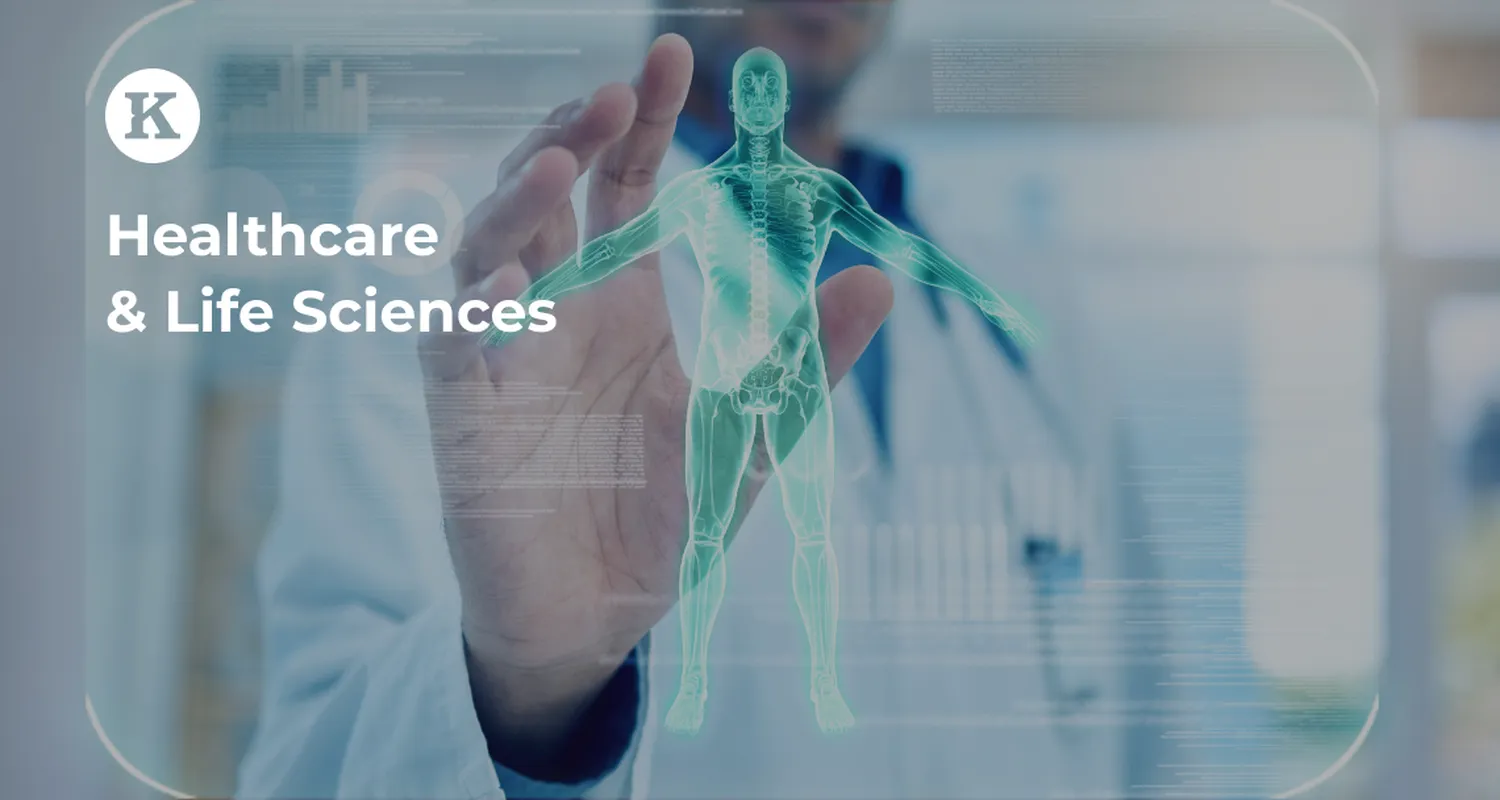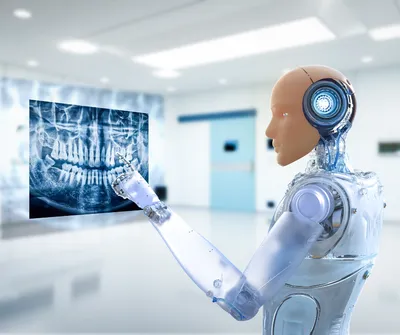The Kestria Healthcare & Life Sciences Practice Group has gathered esteemed professionals from various fields, bringing together a wealth of knowledge and experience to drive forward healthcare innovation.
Key takeaways:
Transformational AI: AI promises to revolutionize healthcare by improving patient care, operational efficiency, and driving innovation.
Ethical integration: Addressing ethical concerns is crucial for AI's fair and transparent integration into healthcare systems.
Leadership for adoption: Overcoming resistance and embracing AI requires strong leadership and agility within the healthcare sector.
AI real world applications and observations
For Marina Massingham from Canada, CEO at Aifred Health, excitement about AI in healthcare today is witnessing its evolution. AI boosts productivity and efficiency in purchasing, supply chain management, compliance, patient scheduling, and resource allocation, streamlining many processes. AI advances performance, especially in radiology, where its image recognition improves patient diagnosis. Broadly, AI enhances diagnosis and operational efficiencies. The impact of COVID-19 highlighted resource constraints in healthcare, making AI's role in optimizing processes crucial. Automating diagnostics and processing medical imagery maximizes limited resources.
The most thrilling aspect of AI is its ability to do things humans can't. AiFred, for example, predicts patient responses to medications, removing the trial-and-error approach from treatment. This capability is beyond human reach, making AI's potential boundless. Overall, seeing AI adopted to meet healthcare challenges today makes this an incredibly exciting time for the field.
Christos Panagiotopoulos from Greece, Managing Director at Karl Storz Greece, explains that this has been common for over a decade. CAD systems have been used in MRI and CT to differentiate malignancies and avoid missed findings. Mammography was the first to use this technology due to its difficulty for the human eye. Now, similar algorithms are used in ultrasound. AI's initial steps involved comparing images with vast data and biopsies to reduce false negatives and positives, improve sensitivity and identify early-stage, curable pathologies. Early detection saves lives and reduces costs. Today, GI endoscopy uses AI to identify pathologies, ensuring nothing is missed. Karls Storz is developing more advanced AI to suggest actions during live operations, a development expected sooner than we think.
According to Tejinder Jassal from India, General Manager at Convatec, AI's profound impact on healthcare is captivating, influencing various sectors like medical devices and pharmaceutical companies. It spans decision support, drug discovery, electronic health records, genomics, hospital management, and medical imaging. Predictive care driven by data enables cost optimization and personalized treatment. In the coming years, AI-empowered predictive care will play a major role. Networked hospitals and connected care will treat minor ailments at smaller hubs like retail clinics or same-day surgery centers, all linked by a single digital infrastructure. Centralized command centers will monitor supply and demand across the network.
Anna Marsell from Sweden, COO at Olink Proteomics, emphasizes that as better drugs are developed, the aging population also brings additional costs. AI could offer substantial benefits in healthcare economics by enabling precision medicine, delivering tailored treatment to patients when needed, thus enhancing treatment outcomes. Furthermore, AI could potentially optimize resource allocation, freeing up clinicians to focus on their specialties while delegating tasks that AI can manage efficiently. Additionally, AI could facilitate proactive healthcare by forecasting and preventing diseases, ultimately enhancing population health. However, ethical implementation is vital, ensuring fairness and individualized care alongside the optimization of overall public health. Exploring AI's impact on healthcare economics presents intriguing possibilities.





